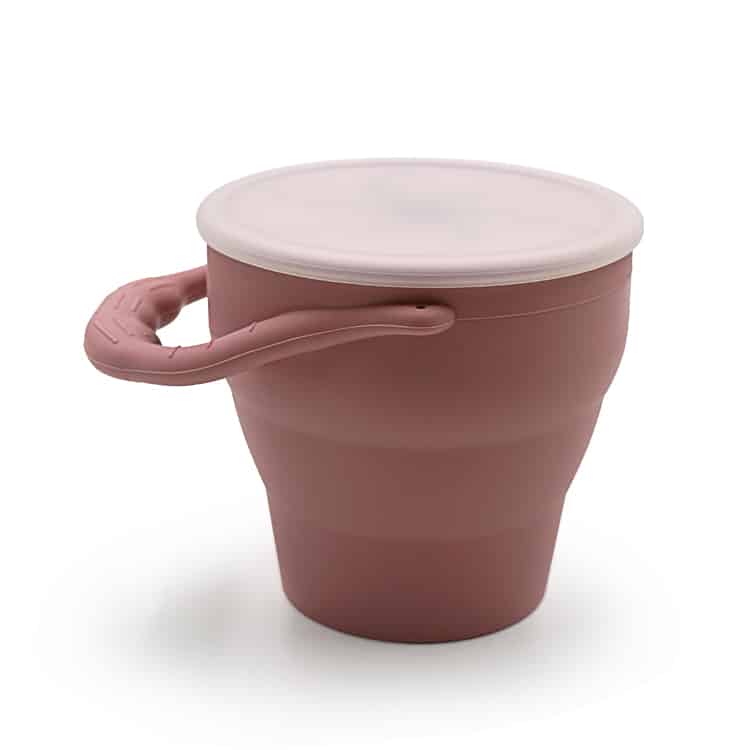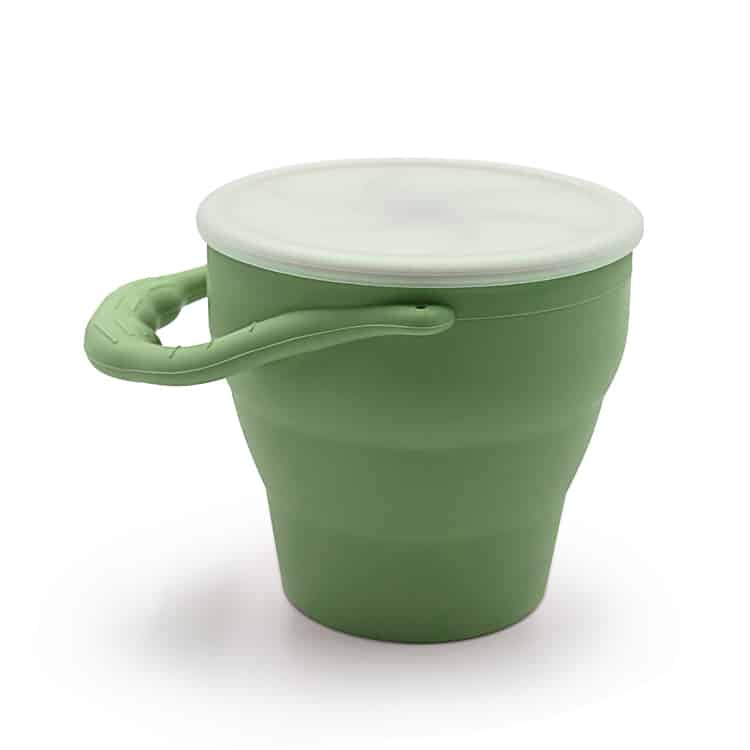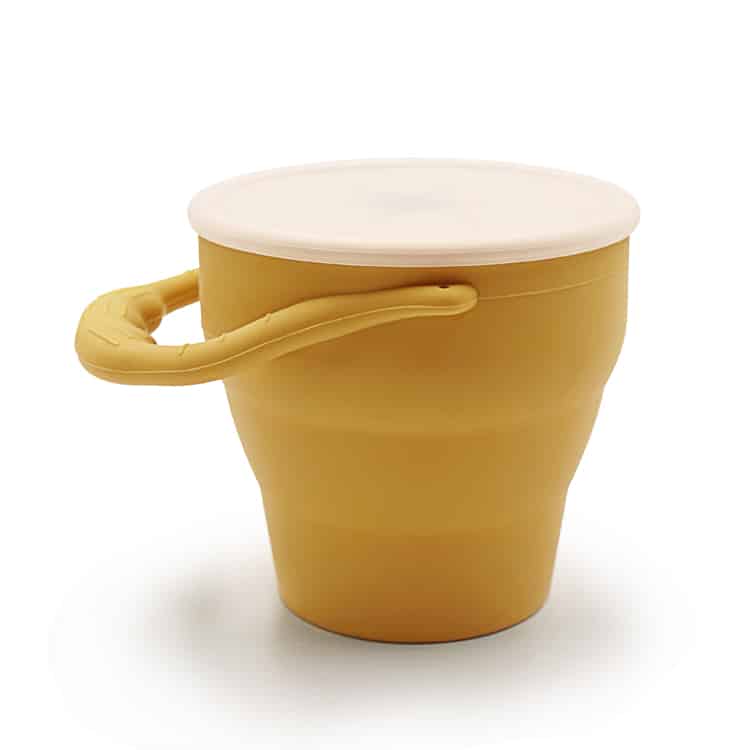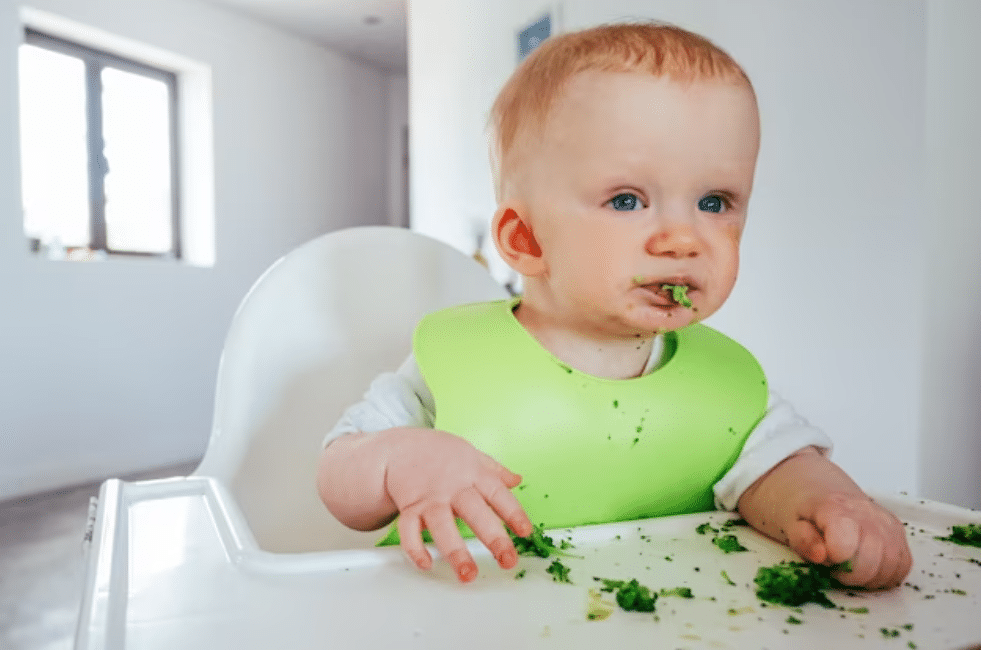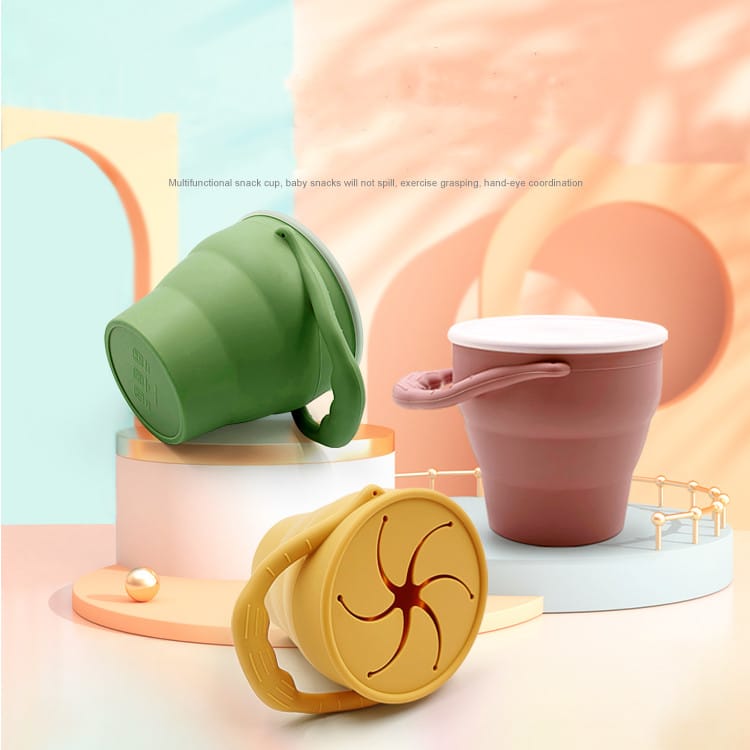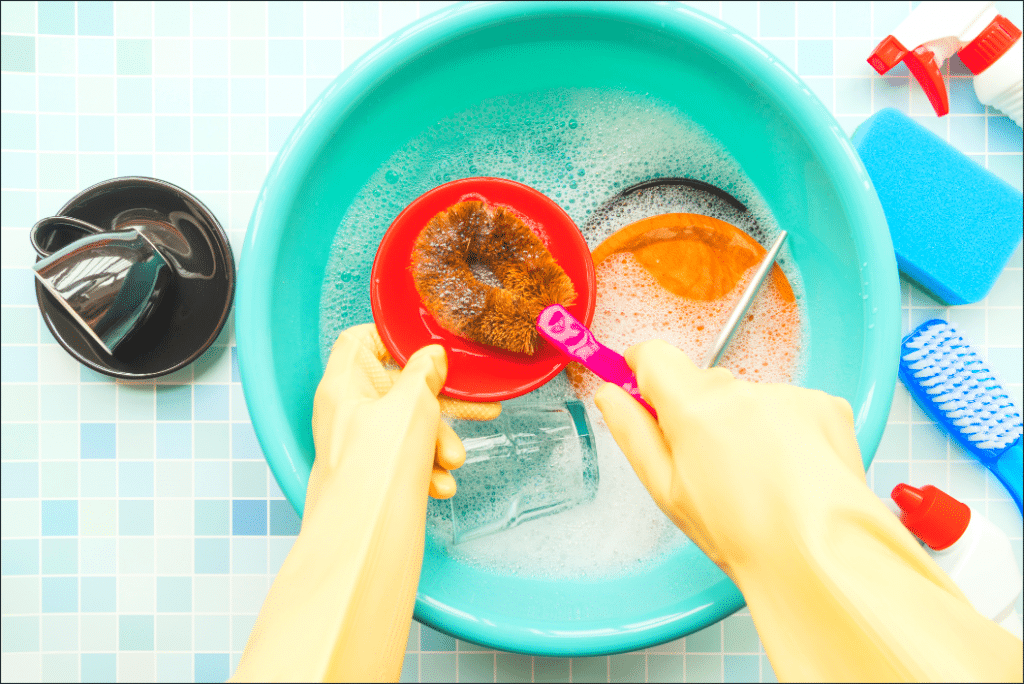What issues should you consider when customizing silicone cups?
In the world of reusable drinkware, silicone cups have emerged as a popular and eco-friendly option. With their versatility and durability, they offer numerous advantages over traditional materials like plastic and glass. However, it is crucial to select high-quality silicone cups made from safe materials to ensure optimal performance and user safety.
In this article, we will discuss the factors to consider when choosing silicone cups, including the criteria for high-quality silicone, the importance of BPA-free and FDA-approved materials, other safety certifications, and a comparison of silicone with other common materials.
Food-Grade Silicone
Food-grade silicone is a high-quality silicone material that has been manufactured and tested to ensure it does not contain any harmful substances or impurities. This type of silicone is made from a combination of silicon, oxygen, carbon, and hydrogen, and it is designed to meet strict safety standards for use with food and beverages.
Silicone is a popular choice for food contact materials because of its unique properties, including flexibility, heat resistance, and non-stick characteristics. Food-grade silicone, in particular, offers additional benefits like resistance to bacteria and mold growth, making it an ideal material for silicone cups and other kitchenware.
Food Grade Silicone for Baby: The Safe Choice
Criteria for Selecting High-Quality Silicone
When selecting silicone cups, it is essential to consider the following criteria:
a. Purity
High-quality silicone should be free of fillers and additives that could compromise its performance and safety. To ensure purity, look for products that are made from 100% food-grade silicone.
b. Performance
Silicone cups should be able to withstand a wide temperature range, resist odors and stains, and maintain their shape under various conditions. High-quality silicone will provide consistent performance and a longer lifespan.
c. Consistency
The silicone material should have a uniform appearance and texture, without visible impurities or inconsistencies. This is an indicator of a well-manufactured product.
Importance of BPA-Free and FDA-Approved Materials
BPA-free and FDA-approved materials are crucial when choosing silicone cups, as they ensure that the product is safe for food and beverage consumption. Bisphenol A (BPA) is a chemical commonly found in plastics that can leach into food and beverages, potentially causing adverse health effects. By choosing BPA-free silicone cups, you can avoid these risks. Additionally, FDA approval indicates that the material meets safety standards and is free of harmful substances.
Other Certifications and Safety Considerations
In addition to BPA-free and FDA-approved materials, there are other certifications and safety considerations that are important when selecting silicone cups. These additional standards and regulations ensure the safety, quality, and compliance of silicone products for consumer use. In this section, we will discuss three key certifications and safety considerations: European Union Regulations, LFGB Certification, and RoHS Compliance.
European Union Regulations
The European Union (EU) has established a set of regulations and guidelines for materials that come into contact with food. Known as the EU Framework Regulation (EC) No 1935/2004, these guidelines apply to all materials that are intended for use with food, including silicone cups. This regulation sets forth requirements regarding the safety and quality of materials to ensure they do not transfer harmful substances to food, negatively impact the taste or smell of food, or pose a risk to human health. Manufacturers looking to sell silicone cups in the European market must ensure that their products comply with these regulations.
LFGB Certification
The German Food, Commodities, and Feed Code, also known as LFGB (Lebensmittel-, Bedarfsgegenstände- und Futtermittelgesetzbuch), is another important certification for silicone cups. This certification focuses on the safety of materials and articles that come into contact with food in Germany. LFGB requirements are considered to be more stringent than those of the EU Framework Regulation, as they demand more comprehensive testing for harmful substances.
Silicone cups with LFGB certification have undergone rigorous testing to ensure that they are free from harmful substances and meet high safety standards. When selecting silicone cups, looking for products with LFGB certification can provide an added level of confidence in the quality and safety of the materials used.
RoHS Compliance
The Restriction of Hazardous Substances (RoHS) Directive is an EU regulation that restricts the use of specific hazardous materials in electrical and electronic equipment. While silicone cups are not electronic devices, some may incorporate electronic components, such as temperature sensors or LED indicators. In such cases, RoHS compliance becomes crucial.
RoHS compliance ensures that products do not contain harmful substances like lead, mercury, cadmium, hexavalent chromium, polybrominated biphenyls (PBB), and polybrominated diphenyl ethers (PBDE). By adhering to RoHS regulations, manufacturers can guarantee that their silicone cups are safe for consumer use and environmentally friendly.
Jution is a company specializing in custom silicone products, capable of producing a wide variety of silicone cups in different sizes and styles. Our products comply with FDA (US standard), LFGB (EU standard), and other requested standards, ensuring the highest quality and safety for our customers. The silicone materials we use for production have also been certified by FDA, LFGB, Halogen, PAHs, Phthalate, REACH, and ROHS, demonstrating our commitment to safety and quality. Below you’ll find our relevant certifications to give you confidence in the products we offer.
Certificate of Material
Certificate of Trade & Products
When selecting silicone cups, it’s essential to consider various certifications and safety regulations beyond BPA-free and FDA-approved materials. By ensuring that a silicone cup meets EU regulations, holds LFGB certification, and complies with RoHS standards (if applicable), consumers can have greater confidence in the safety, quality, and environmental impact of their chosen product. (Silicone Cup Manufacturing And Quality Control)
No posts

